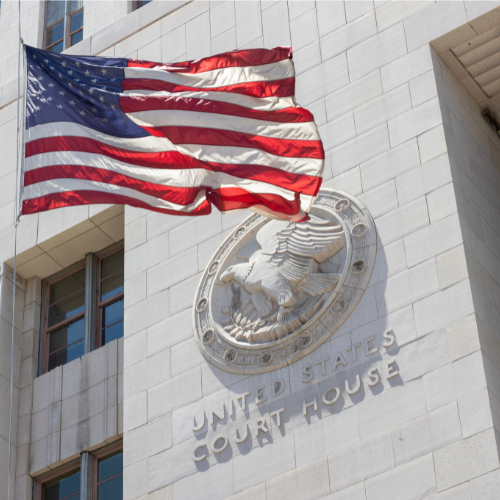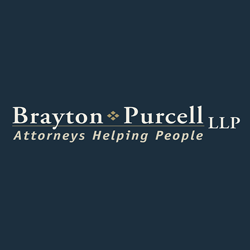Of all products that are presumed to be safe, baby powder would likely be towards the top of that list. While use of the talc is not limited to infants needing diaper changes, the notion of any health risks over its use is difficult, if not impossible to imagine.
For decades, Johnson & Johnson has boasted that its baby powder is a pure and safe pharmaceutical-grade product. Recent events have revealed the ugly truth.
A Cover-Up Uncovered
The U.S. Department of Justice and the Securities and Exchange Commission, as well as plaintiffs lawyers have a different opinion, and continue to shine a bright light on a harsh reality. Johnson & Johnson continues to be the subject of subpoenas and lawsuits following revelations that the famous talc baby powder they manufacturer did contain asbestos.
Published reports revealed internal company documents over several decades that noted the presence of asbestos, and that J&J covered it up by intentionally switching to microscopes and testing techniques that can’t see asbestos. The SEC responded with a lawsuit that accused Johnson & Johnson of failing to disclose information that, once revealed, put their stock in a 12 percent tailspin.
Being served with and complying with a subpoena and trying to appease angry investors only scratches the surface of Johnson & Johnson’s legal problems. Individual lawsuits number close to 13,000. Recently they were ordered the company to pay nearly $5 billion to 22 women suffering from ovarian cancer caused by the talcum powder. That decision is under appeal.
In response to the SEC suit, the company offered shareholders who lost money a $5 million stock buyback program. Those suffering diseases ranging from ovarian cancer to mesothelioma are not as fortunate in securing the financial compensation they deserve for trusting in a so-called “trusted product.”















